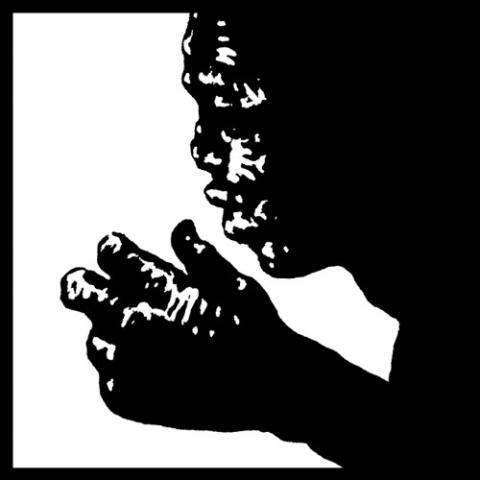
(Unsplash/Josh Applegate)
Did you ever notice how time seems to slow down during the most meaningful moments of life? We may drive home without remembering a single portion of a 30-minute trek through traffic; someone accustomed to the kitchen may fix dinner hardly noticing the particulars she tends to in pre-heating, seasoning, chopping and putting a casserole in the oven. Yet, when we are standing at the bedside of a dying parent, attending the birth of a child or asking the question that will lead to a lifelong decision, each second seems to have its own import as our feelings blend with sensual perceptions and create enduring memories. It is as if time's duration comes with variable thickness or weight.
Mark tells the story of Jesus and the man with leprosy with moment-enhancing emotion. Perhaps it is because Jesus had just told his disciples that going out among the people was the very reason for which he had come. Perhaps Mark knew the man in question and had reminisced about the story with him. Maybe it was just that Mark had discovered that the time of Jesus' life overflowed with moments of profound meaning and Mark dedicated himself to communicating them. For whatever motive, Mark tells this story in evocative detail.
When the leper came to Jesus, he was doing something forbidden. He must have been at least a little frightened. Instead of respecting the law that relegated him to the margins of society, he knelt down in front of Jesus as to one who not only had the power to help him, but who could also exercise the freedom to do what the law would not and could not do: to accept and heal rather than banish him.
Speaking with the audacity of someone who has no other options, the man summoned Jesus to reveal what he was all about: "If you wish, you can make me clean." The man had no question about whether Jesus could accomplish the feat, only whether Jesus wanted to do so, whether he would choose it as part of the mission for which he had come.
According to Mark, the man's request stirred Jesus to his depths. Even before he could speak, his hand was reaching out, touching the man's spurned and suffering body, transforming it with tenderness. Then pronouncing the words that explained his gesture and made his will effective, Jesus said, "I do will it. Be made clean."
With that, Jesus commissioned the healed man as the first apostle to the leaders of the Jews: "Go, show yourself to the priest … offer what Moses prescribed; that will be proof."

(Mark Bartholomew)
Whether the man got to the priests, we do not know, but he did not follow Jesus' order to keep quiet with others. His story made Jesus the man of the moment and took away any hope of anonymity. If he did not go to the towns, they came to him.
What gave this story its "thickness" was the man's vulnerable openness and honesty and Jesus' spontaneous tenderness. The man knew his own need like no one else, and he was willing to expose it. While society refused to countenance him, he found in Jesus someone who had no fear of contamination or mortality. The afflicted man's audacity met Jesus' utter freedom to love and that combination proclaimed the Gospel in the sight of the people.
It is a beautiful story. But what does it tell those who do not suffer from leprosy?
The story calls us to a recognition of all that we share with the leper. Since his condition was obvious, society ordered him to hide away from sight. We, on the other hand, are quite adept at hiding our weakness and the unsightly, sinful aspects of our life. Perhaps the worst of it is that we can hide them from ourselves, believing in the image we project rather than the truth of who we are.
Our friend the onetime leper would remind us that Christ can only touch and heal what we bring before him; if we don't bring our genuine self, we will never truly encounter Christ. He might add that we never hear of Jesus reaching out and touching someone who was self-sufficient, but only those who knew they needed him.
Advertisement
Coming before God with a willingness to be nothing other than ourselves and to expose our need will take us into the realm of thick time. We may do that in private prayer, in sacrament or with a community. Mark told the story in a way that points out that the time and place do not matter. What is vital is the courage to place our truest self before God as well as the vulnerability to allow God to touch and transform us.
Whether we ask for healing or forgiveness or inspiration, we can trust what Jesus said: "I do will it!"
[Mary M. McGlone, a Sister of St. Joseph of Carondelet, is writing the history of the St. Joseph sisters in the U.S.]
Editor's note: This Sunday scripture commentary appears in full in NCR's sister publication Celebration, a worship and homiletic resource. Request a sample issue at CelebrationPublications.org. Sign up to receive email newsletters every time Spiritual Reflections is posted.





